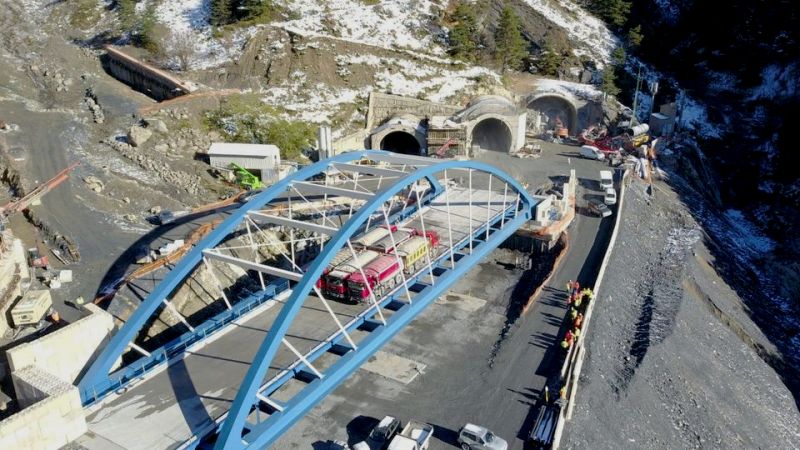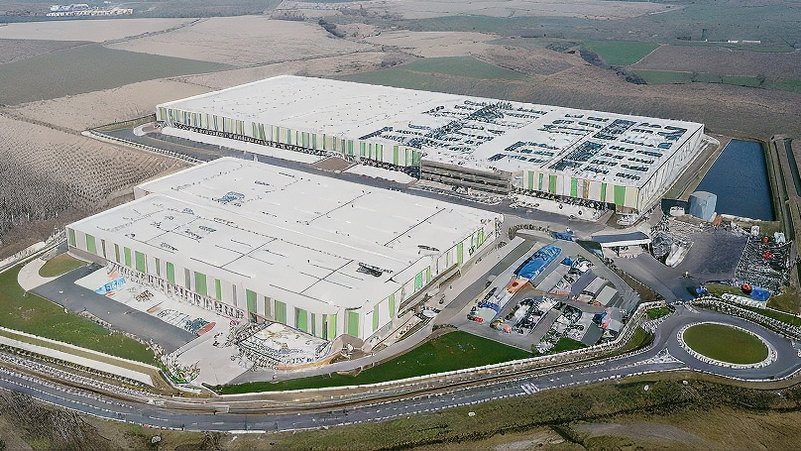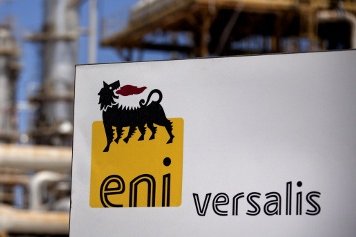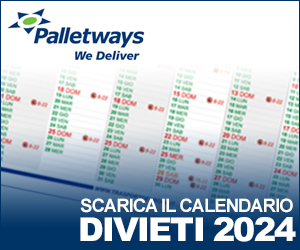Europe is increasingly taking a leading role in financing the enhancement of the railway network in the Balkan peninsula, a region that has become central in new geopolitical scenarios, through two supranational institutions, the European Investment Bank and the European Bank for Reconstruction and Development. North Macedonia is the latest country to benefit from EU support: this Balkan nation has been awarded a support package of 560 million euros.
This funding adds to the funds already allocated for completing the railway connection to European standards between North Macedonia and Bulgaria, whose first phase began in November 2022. The European funds will particularly benefit the construction of about 25 kilometers of line starting from Kriva Palanka, a town located about ten kilometers from the Bulgarian border. Work is already underway on the first section from Kumanovo: the 88 kilometers from this locality to the Bulgarian border will be fully electrified according to European standards.
Upon completion, the new line will offer a high-capacity connection between the hub of Skopje, the capital of North Macedonia, and Sofia, the capital of Bulgaria, a route that falls within the Pan-European Corridor VIII. The new railway line is set to open in 2030, and it is expected that the trains traveling this route will carry 500,000 tons of freight each year. The significance of the investment is highlighted by the numbers: the railway distance to the Black Sea and Turkey will be reduced by about 200 kilometers, moreover, utilizing a railway route more favorable also for the standard adopted.
Several corridors in the Balkan region are focusing on resources and investments, including contributions from the European Union, among these is the connection from east to west that includes what is known as corridor X between Serbia and Croatia, Serbia and Bulgaria, Serbia and North Macedonia along with the corridor between Skopje and the border with Bulgaria.
Previously, in the Balkan peninsula but in Slovenia, in December 2023, the Eib granted a loan of 250 million euros to the company 2TDK (Družba za razvoj projekta) to co-finance and launch after numerous postponements and delays the construction of a long-planned railway line essential for boosting Slovenian freight transport. This involves the doubling with the laying of a second track variant over 27 kilometers between Divača and the port of Koper (Capodistria), an integral part of the development plans for the central railway corridor of the Baltic-Adriatic-Mediterranean TEN-T (Trans-European Transport Network). The process with the Eib was not very fast as the loan application was submitted by Slovenia in 2019 and involved four years of scrutiny because the community institution waited for the completion of extensive documentation demonstrating the transparent and economically advantageous management of the project supported by 2TDK.
Piermario Curti Sacchi



































































